
Disney+ adds subscribers amid cost-cutting campaign
Disney's streaming service has attracted nearly seven million new subscribers, the company said Wednesday, reversing a period of decline that had raised doubts about its...
2023-11-09 06:23

Newcastle's Champions League return only the start for ambitious Howe
Eddie Howe has targeted a period of sustained success for revitalised Newcastle after the ambitious boss ended his club's 20-year...
2023-05-23 06:02

BJ’s Wholesale Club Transforms Toy Assortment, Featuring the Hottest Brands for the Holiday Season
MARLBOROUGH, Mass.--(BUSINESS WIRE)--Aug 29, 2023--
2023-08-29 18:31
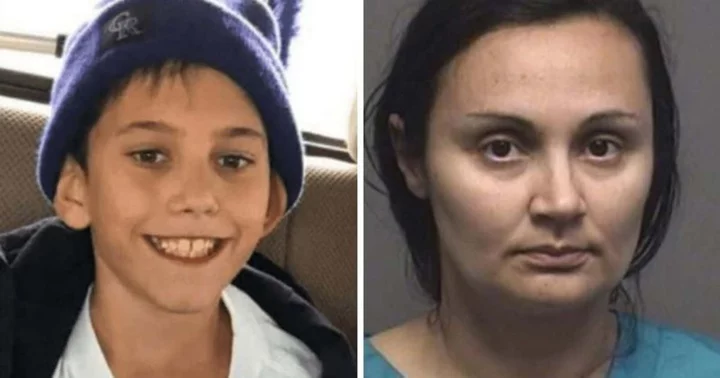
Gannon Stauch's family speaks out after Letecia found guilty of stepson's murder
Letecia Stauch who stabbed Gannon 18 times, hit him in the head, and shot him once, was found guilty of first-degree murder
1970-01-01 08:00
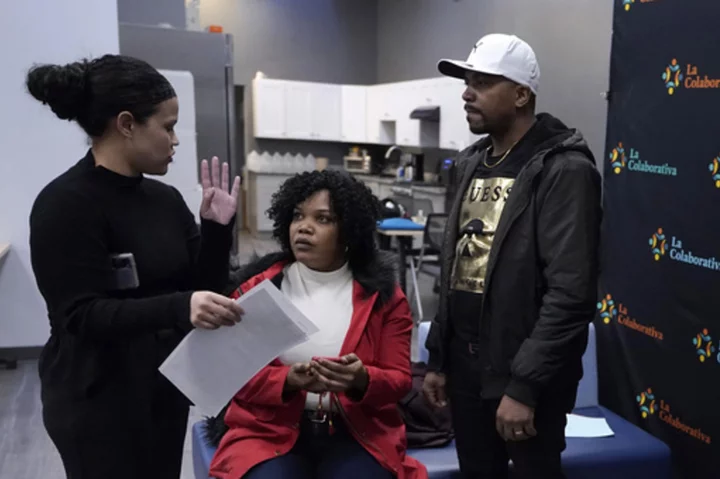
Advocates scramble to aid homeless migrant families after Massachusetts caps emergency shelter slots
Advocates scrambling to find shelter for homeless migrant families newly arrived in Massachusetts say families are relying on a patchwork of airport lounges, Uber rides, hospital waiting rooms and walk-in church shelters after the state capped the number of family shelter spots and created a wait list
2023-11-16 07:18

Fire, other ravages jeopardize California’s prized forests
Forest in California may be disappearing
2023-10-26 13:07

Leigh Wood drops and stops Josh Warrington with six perfect punches
Leigh Wood dropped and stopped Josh Warrington at the end of round seven to retain his WBA featherweight title in an unforgettable fight in Sheffield. Late on Saturday night, Wood was losing on points, cut and hurt when, with just seconds left in round seven, he connected with six perfect punches to send Warrington down. There was shock and pandemonium in the arena and close to 10,000 fanatics had no idea whether to laugh or cry. Warrington somehow beat the count, stumbled to his own corner as the bell sounded, put his hands on the top rope and turned round too late to satisfy the referee, Michael Alexander; there was a second of deliberation and then Alexander called it off. It was the right decision at that moment; it was also heartbreak and relief in equal measure for the two boxers. Wood started screaming in victory, Warrington complained briefly, but was quickly placed on his stool; he dropped his head forward in bitter disappointment. “I’m devastated,” he told me a few minutes later. He was still in the ring, looking from corner to corner and trying to understand what had gone wrong. Warrington had easily won rounds three, four, five, six and 2:58 seconds of round seven. All three of the scorecards had him comfortably in front at the point of the stoppage. The final, devastating punches came from nowhere, but Wood has a glorious history of salvaging lost causes. “There is no quit in me,” Wood said from the ring, his right eye cut and swollen and his face a blur of developing bruises. It was a hard fight, make no mistake. Back in 2021 Wood won the WBA featherweight world title with a stoppage in the 12th and last round, and was losing his first defence against Michael Conlan before finding the punches to dump Conlan out of the ring for the full count with just 90-seconds remaining in the final round. In Sheffield, he performed one more salvation act and it was dramatic and shocking and wonderful. The pace of the fight was relentless and from the start of round three, Warrington took control and there were moments when all the rumours and talk about the struggle Wood has making the weight looked true; by the start of round seven, Wood was trailing, but more than that, he looked like a beaten man. At the start of round five, with the entire arena standing in admiration and hope, and the signs of the struggle clear on their faces, the pair touched gloves; it was a small, lost and quickly forgotten moment, but it reveals a lot about these two boxers. Pride was the title, respect was the story. There was no sign of the finish as the seconds ticked closer to the bell to end the seventh, and then the combination started; Warrington went down in shattered instalments and Wood just kept throwing. It was a genuine ‘wow’ moment. Wood connected cleanly with six punches, starting with a short right hook. It was a savage and calculating finish, a mix that is not as common as you think. They each left the ring to uncertain futures, and they could, in theory, fight again. Warrington wants a rematch; Wood would make a lot of money from a rematch. However, it will not be at featherweight as Wood confirmed that his battle with the scales is over and that he is moving up in weight. Warrington would be at a considerable size disadvantage in a rematch at a heavier weight. Incidentally, Wood retained his WBA bauble, but in the heat of the moment, that piece of jewellery was ignored. Wood is one of modern boxing’s best fairy tales, a family man, a quiet man and a fighter capable of changing a fight with just one punch. In boxing, that is arguably the ultimate. Read More The sporting weekend in pictures ‘It’s some turnaround’: Leigh Wood relishing late career resurgence Leigh Wood celebrates ‘best win’ as he retains WBA title Leigh Wood stops Josh Warrington with outrageous KO out of nowhere Leigh Wood: I’m Josh Warrington’s last chance to get back into title contention Wood vs Warrington LIVE: Results after vicious KO
2023-10-09 17:23
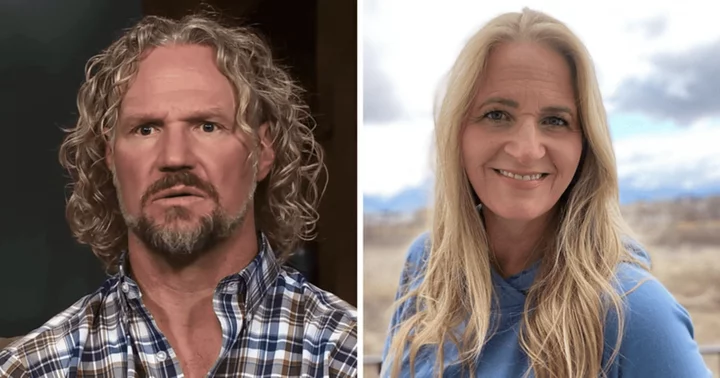
'He failed!' Internet slams 'Sister Wives' star Kody Brown as ex-wife Christine shares plan for new deck
'Sister Wives' star Christine Brown's new deck tour video draws shame to Kody Brown, while she is set to marry David Woolley
2023-06-07 16:38

What is the Tom Brady Diet? NFL legend still sticks to rigorous regime
The former NFL star Tom Brady follows a 80/20 diet that is mainly plant based
2023-07-02 16:17

Dorit Kemsley: 'RHOBH' star sued for not paying nurse after alleged plastic surgery procedure
'I submitted an invoice to Dorit [Kemsley] after my services were completed and she has refused to pay me,' said medical assistant Natalie Vanderstay
2023-06-21 02:58
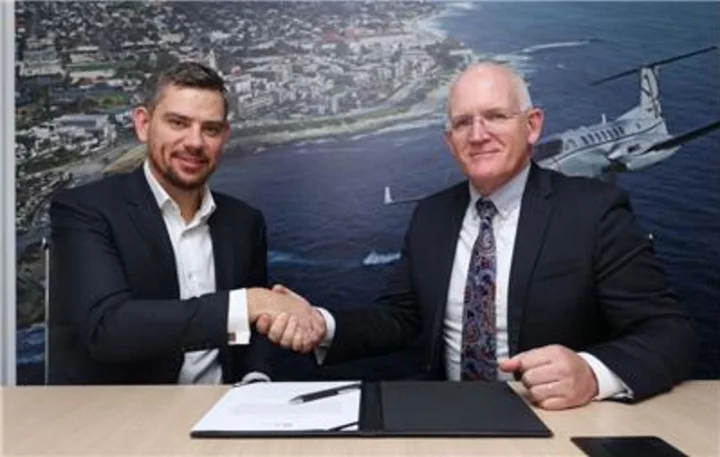
Textron Aviation announces agreement to purchase 48 Cessna Skyhawks to support BAA Training
WICHITA, Kan.--(BUSINESS WIRE)--Nov 22, 2023--
2023-11-23 02:05

This historically-Black Nevada neighborhood has been sinking for decades. A new law may finally help residents move out
For Nancy Johnson, Windsor Park was like a dream when she first moved to a new home in the historically Black North Las Vegas neighborhood in 1976. But within a few years, the cracks began to show -- and homes started to sink.
2023-06-29 06:13
You Might Like...

UK sanctions Russian culture, education ministers

Chargers' Ekeler and Kendricks doubtful, Bosa questionable going into Sunday's game at Titans

Wealth Summit Latest: Amundi Says China Business Is Rebounding

Oil prices hover near 10-month high on supply concerns
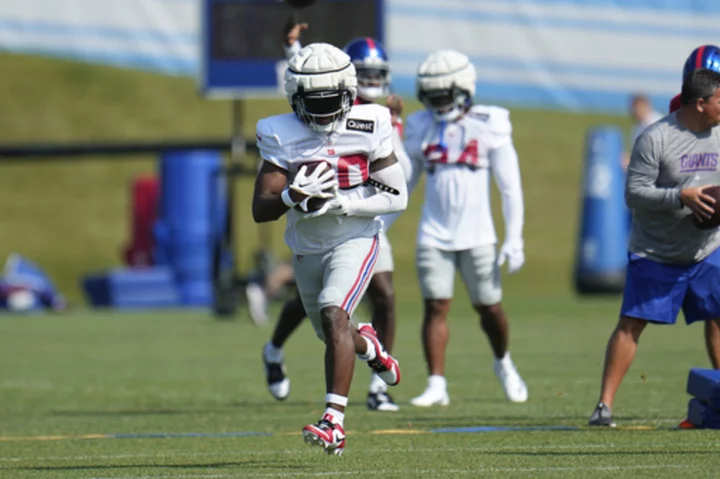
Giants rookie Eric Gray getting a chance to return kicks and punts
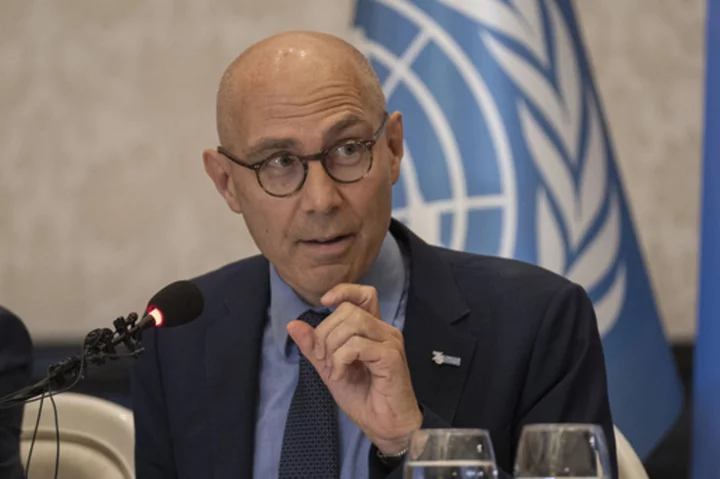
Iraq water crisis could have regional consequences, UN human rights chief warns

LeBron James museum to open in hometown Akron on Nov. 25
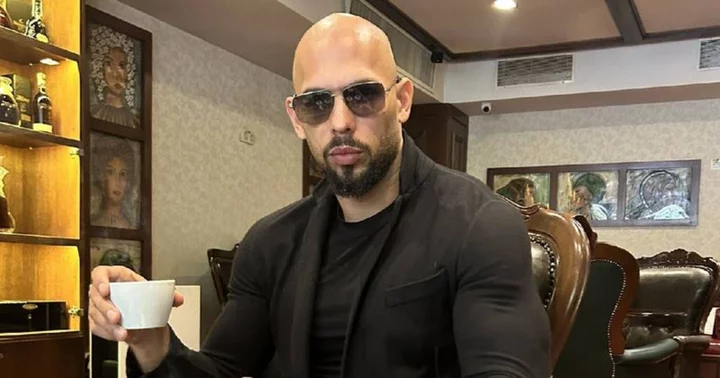
Andrew Tate labels broke people 'selfish' while asserting happiness can be bought, Internet says 'team up with MrBeast'
